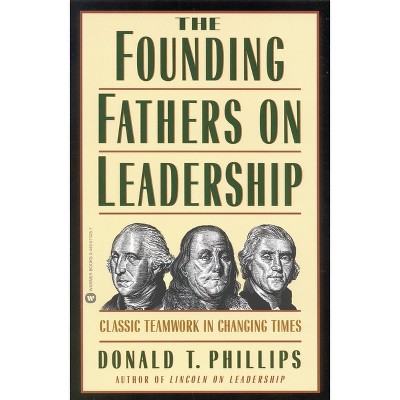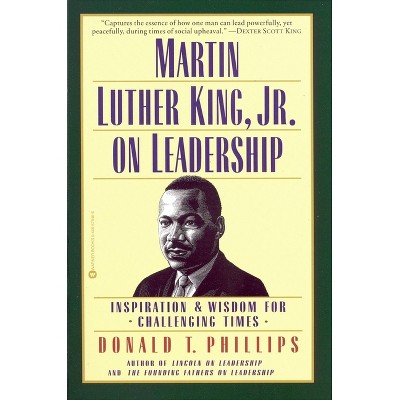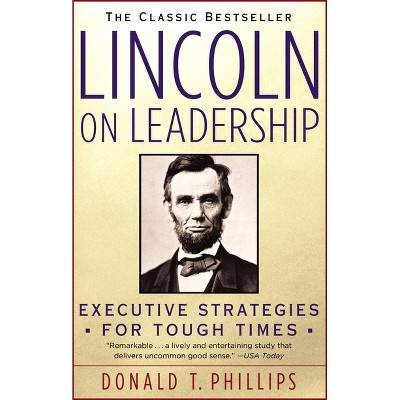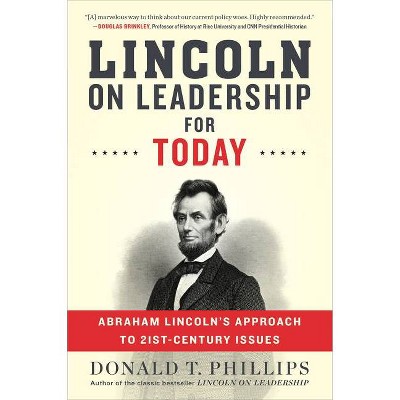Sponsored

Developing a New Christology for a Postmodern Culture - by Donald D Phillips (Hardcover)
$108.99Save $1.01 (1% off)
In Stock
Eligible for registries and wish lists
Sponsored
About this item
Highlights
- From a semiotic description of secular, postmodern culture, the author distills its primary social values; and using a narrative approach to the Gospel's description of the person and work of Jesus Christ, constructs a Eucharistic Prayer that is accessible to inquirers, and equips church members with the vocabulary needed to share their faith.
- About the Author: Bishop Donald D. Phillips, PhD, is honorary fellow of St. John's College, University of Manitoba.
- 214 Pages
- Religion + Beliefs, Christian Theology
Description
About the Book
"From a semiotic description of secular, postmodern culture, the author distills its primary social values; and using a narrative approach to the Gospel's description of the person and work of Jesus Christ, constructs a Eucharistic Prayer that is accessible to inquirers, and equips church members with the vocabulary needed to share their faith"--Book Synopsis
From a semiotic description of secular, postmodern culture, the author distills its primary social values; and using a narrative approach to the Gospel's description of the person and work of Jesus Christ, constructs a Eucharistic Prayer that is accessible to inquirers, and equips church members with the vocabulary needed to share their faith.Review Quotes
Communication of the Gospel of Jesus Christ for transformation is Phillipsrsquo; goal in Developing a New Christology for a Postmodern Culture: Knowing Christ Today. He knows whatrsquo;s been tried and failed in the past. On the one hand, faithfulness in the form of antiquated expression, while it is safe, leaves the Christian message hovering at 50,000 ft - it does not communicate to our time and place. The church is called to faithfulness for the time it is in. On the other, fitting in and uncritically reflecting the values of the time and place, while it aims at relevance, it hits redundance dead centre. It means that the transformative power of the Gospel is translated into cultural common sense for apologetic purposes. Deploying theological, social scientific and liturgical resources, Phillips articulates a missional theology that engages culture with the transformative message of the Gospel. And he shows us how it works in evaluation and articulation of Christologies of eucharistic prayers that are both faithful and intelligible for engagement now.
Each generation of Christians needs to re-imagine what it means to believe in God and to be a disciple of Jesus. Not to do so is not only to utter nonsense in lieu of proclamation, but to traduce the gospel message by locking it in outdated forms or abandoning it to re-echoed familiarities. But this task of re-mythologisation is one that is frowned on by many as somehow impious - and many theologians and preachers baulk at the task. Donald Phillips has here taken up this challenge. His work is insightful and valuable because it draws us to the core questions of what it is to believe in God. Moreover, it is a warning that failure to re-imagine and re-mythologise in each cultural situation is a failure of faith in the living God#39;s presence in the world.
About the Author
Bishop Donald D. Phillips, PhD, is honorary fellow of St. John's College, University of Manitoba.Dimensions (Overall): 9.0 Inches (H) x 6.0 Inches (W) x .63 Inches (D)
Weight: 1.01 Pounds
Suggested Age: 22 Years and Up
Number of Pages: 214
Genre: Religion + Beliefs
Sub-Genre: Christian Theology
Publisher: Fortress Academic
Theme: Christology
Format: Hardcover
Author: Donald D Phillips
Language: English
Street Date: November 7, 2024
TCIN: 1004137191
UPC: 9781978716087
Item Number (DPCI): 247-26-0987
Origin: Made in the USA or Imported
If the item details aren’t accurate or complete, we want to know about it.
Shipping details
Estimated ship dimensions: 0.63 inches length x 6 inches width x 9 inches height
Estimated ship weight: 1.01 pounds
We regret that this item cannot be shipped to PO Boxes.
This item cannot be shipped to the following locations: American Samoa (see also separate entry under AS), Guam (see also separate entry under GU), Northern Mariana Islands, Puerto Rico (see also separate entry under PR), United States Minor Outlying Islands, Virgin Islands, U.S., APO/FPO
Return details
This item can be returned to any Target store or Target.com.
This item must be returned within 90 days of the date it was purchased in store, shipped, delivered by a Shipt shopper, or made ready for pickup.
See the return policy for complete information.
Trending Non-Fiction

$19.31
was $20.98 New lower price
4 out of 5 stars with 64 ratings

$18.28
was $19.58 New lower price
4.7 out of 5 stars with 17 ratings

$4.59
MSRP $7.99
Buy 2, get 1 free select books
4.8 out of 5 stars with 123 ratings

$6.20
MSRP $10.95
Buy 2, get 1 free select books
4.8 out of 5 stars with 33 ratings

$7.09
MSRP $9.99
Buy 2, get 1 free select books
4.9 out of 5 stars with 46 ratings











